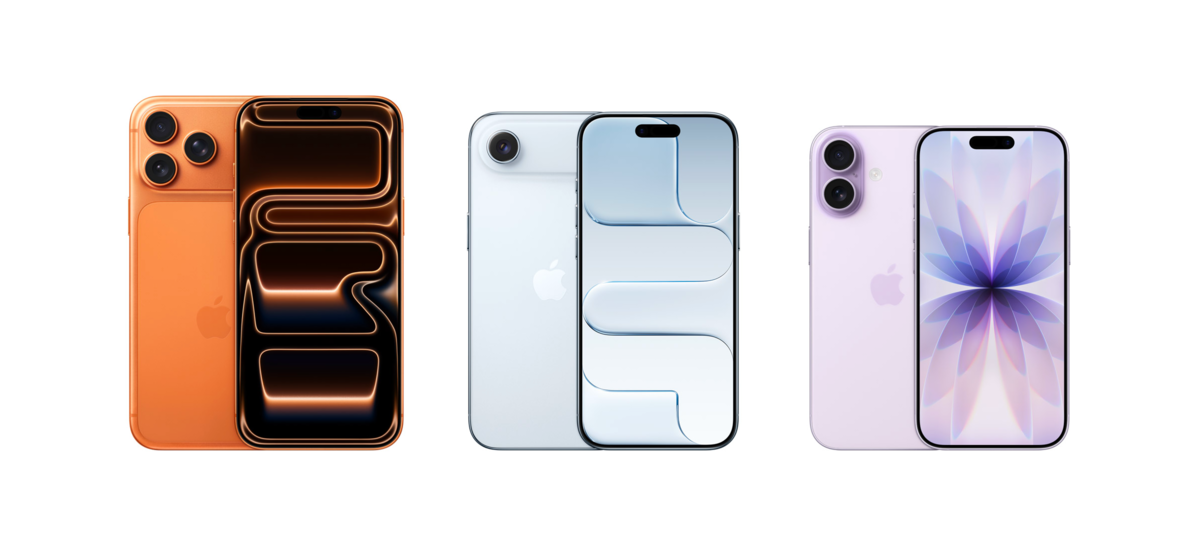Apple's newest launch, the iPhone 17 series, will only support eSIMs — a move that marks a significant departure from traditional physical SIM cards. These advanced iPhones are set to go on sale in Japan soon and aim to streamline connectivity and reduce plastic waste. While tech enthusiasts are excited about the upgrade, it remains to be seen how this drastic change affects the broader consumer market.
In Japan, mobile technology is deeply integrated into daily life, and Apple's iPhone has a significant market share. eSIM technology is viewed as innovative, representing the future of telecommunications. However, many consumers remain attached to physical SIM cards, making Apple's bold move a topic of widespread discussion. Consumer convenience and environmental sustainability are key values influencing public opinion.
In the US and EU, eSIM technology has generally been well received. Both regions have seen a smooth transition with flagship devices from various manufacturers introducing eSIM options. However, the decision to completely remove physical SIM slots, as seen with the iPhone 17 series, could be viewed as controversial and potentially limiting consumer choice.

